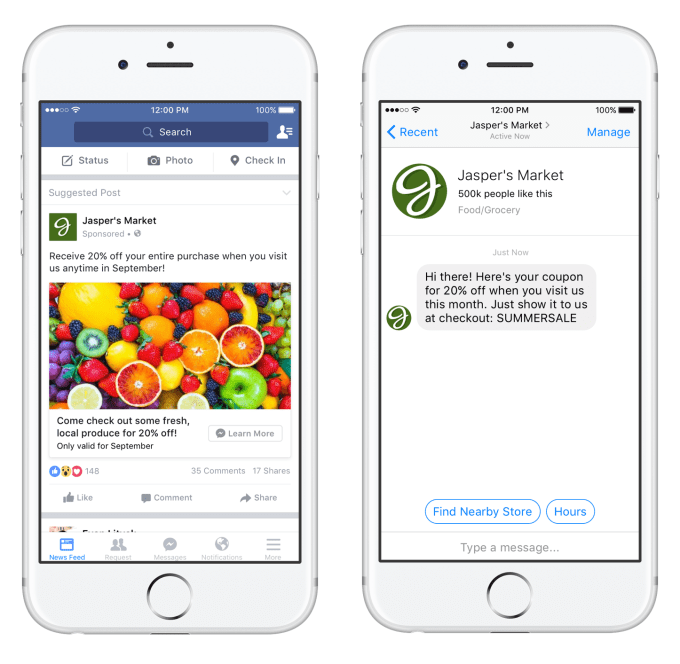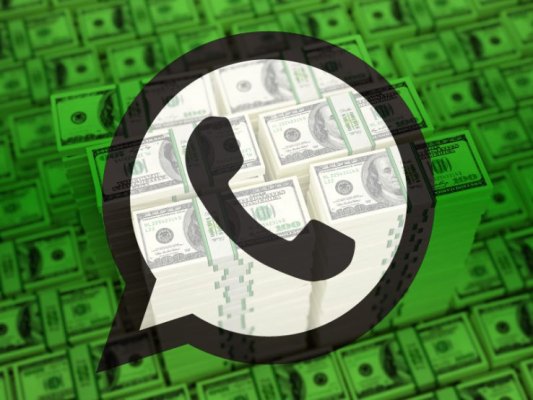WhatsApp is preparing to finally monetize, and its first move follows the same strategy as Facebook Messenger. TechCrunch has discovered code in Facebook’s ad manager that lets businesses buy ads with the call to action “Send WhatsApp Message.”
We reached out for comment and a WhatsApp spokesperson told TechCrunch “We’re testing a new way for people to start a chat with a business in WhatsApp from a Facebook ad. This makes it easier for people to connect with businesses that they care about on WhatsApp.” They clarified that for now, WhatsApp isn’t selling ads on its own app, but testing a WhatsApp chat button on Facebook ads that directly opens a conversation with a business in WhatsApp.
The Next Web’s Matt Navarra initially spotted the WhatsApp name in Facebook’s ad manager code, in a way that didn’t describe how the ads work. Upon further investigation, TechCrunch found this “Send WhatsApp Message” code.

This week WhatsApp announced its plan to eventually charge businesses, stirring worries that businesses might be able to cold-message users with sponsored message ads. But WhatsApp tells TechCrunch that businesses will only be able to contact WhatsApp users that have agreed to be messaged by initiating the conversation. That’s the same way Facebook Messenger-sponsored messages work, where businesses can pay to reconnect with people they’re already chatting with.
So, a business could use the tested Facebook ads feature to get users to spark conversations with their company, and then have the ability to contact them in the future, potentially through sponsored messages. For example, an e-commerce business could buy Facebook ads that start a conversation with its style consulting service on WhatsApp, then later message that user with promotions for new clothing lines.

Facebook Messenger first monetized with “Click-To-Message” ads that appear on Facebook, and now WhatsApp is doing the same to help businesses get people to start conversations with them
This was the first way Facebook Messenger began monetizing in 2015 though “Click-To-Message” ads that lived on Facebook proper. Messenger eventually began injecting display ads into the inbox, which WhatsApp could one day allow, too. Alternatively, it could charge large enterprises like banks or airlines for special management of high volumes of messages or e-commerce and customer service transactions.
